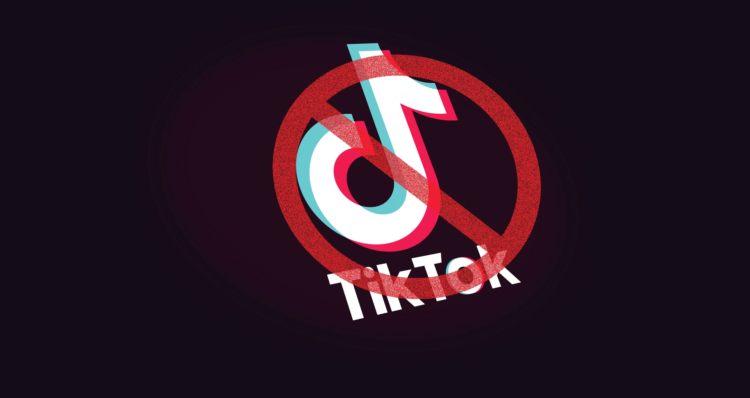TikTok bans are the target in numerous nations, ranging from comprehensive nationwide crackdowns to being prohibited on government devices. Below is a list of the nations where action has been taken, as the UK imposes its own restrictions.
Governments all over the world are targeting the Chinese-owned app as there are increasing calls for TikTok bans.
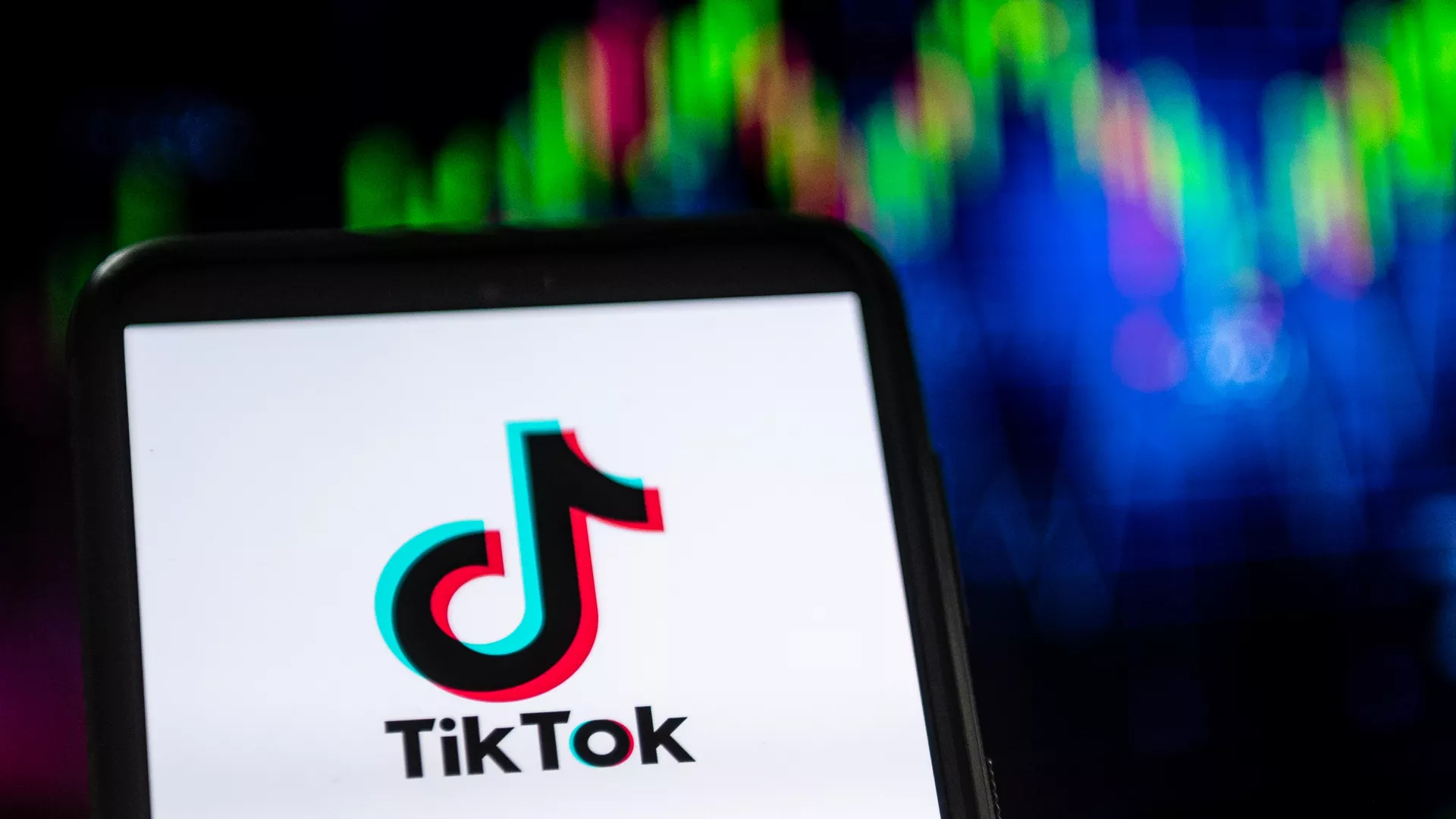
Why did the UK join TikTok bans?
Following a request for the National Cyber Security Centre to investigate the well-known video platform, which has more than one billion users worldwide, the UK became the most recent Western nation to prohibit it from government devices.
Despite its popularity, it has drawn more attention in Europe and the US because of its ties to Beijing and worries that it might be used to mass-collect user data.
Before the UK made its decision, a spokeswoman from TikTok said they were “disappointed” by the privacy issue.
“Similar decisions elsewhere have been based on misplaced fears and seemingly driven by wider geopolitics, but we remain committed to working with the government to address any concerns,” they said. “We have begun implementing a comprehensive plan to further protect our European user data, which includes storing UK user data in our European data centers and tightening data access controls, including third-party independent oversight of our approach.”
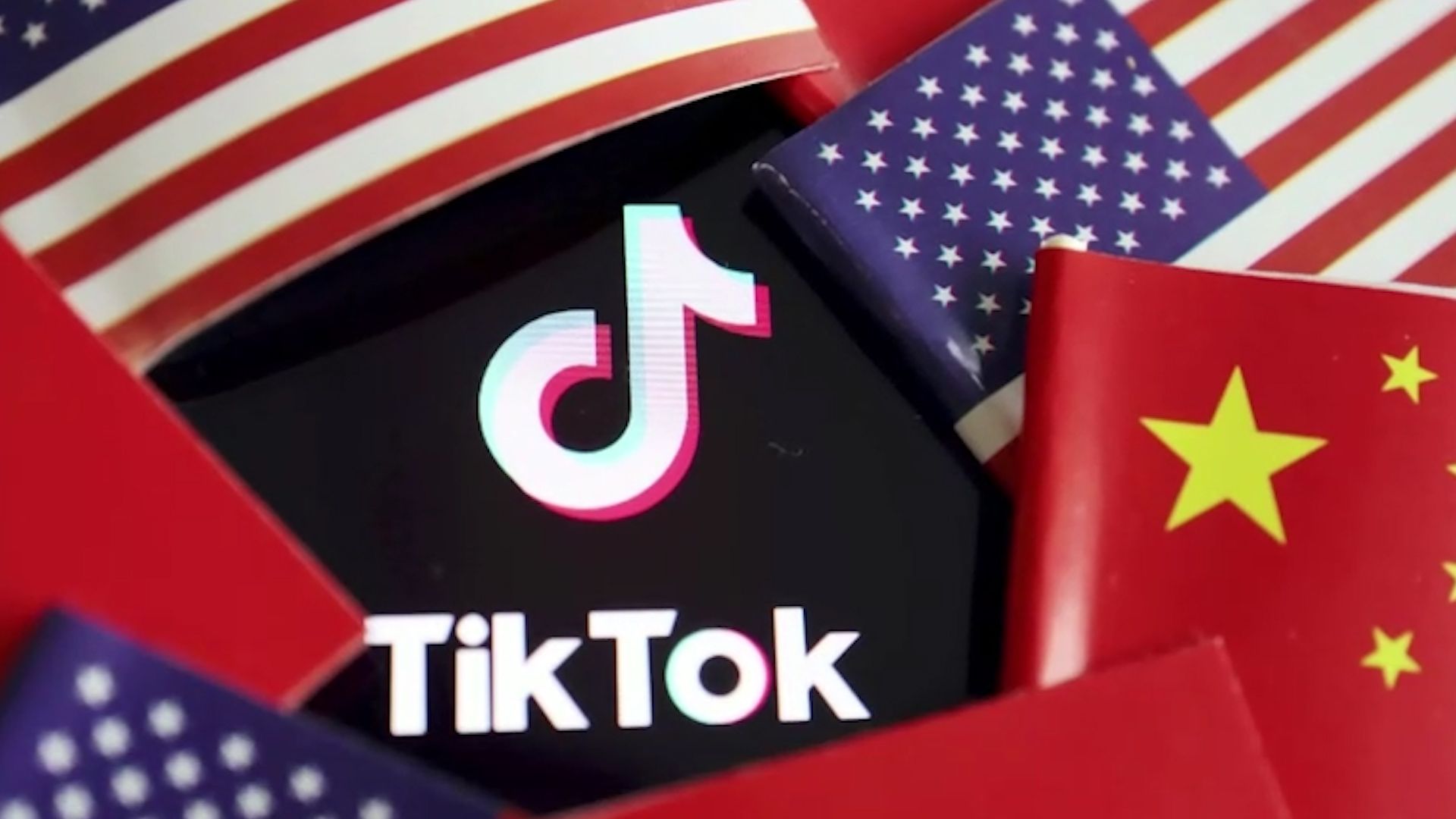
Which countries are taking action?
There are many countries that have already joined US’ efforts to curb TikTok usage. Various countries are takin different efforts in order to join the TikTok bans. Here’s a rundown of actions taken by countries
Actions taken under TikTok bans: UK
According to minister Oliver Dowden, TikTok has been removed from government devices after it was determined that there “may” be a risk to how the app uses data and information. The government later made an announcement as well.
The minister also stated that only pre-approved apps will be allowed to be installed across the entire government, a policy that is already in place in several departments.
Mr. Dowden claimed that while TikTok use is “limited”, banning it is good cyber “hygiene”.
Certain gadgets will be allowed to access TikTok as necessary, probably to manage government accounts.
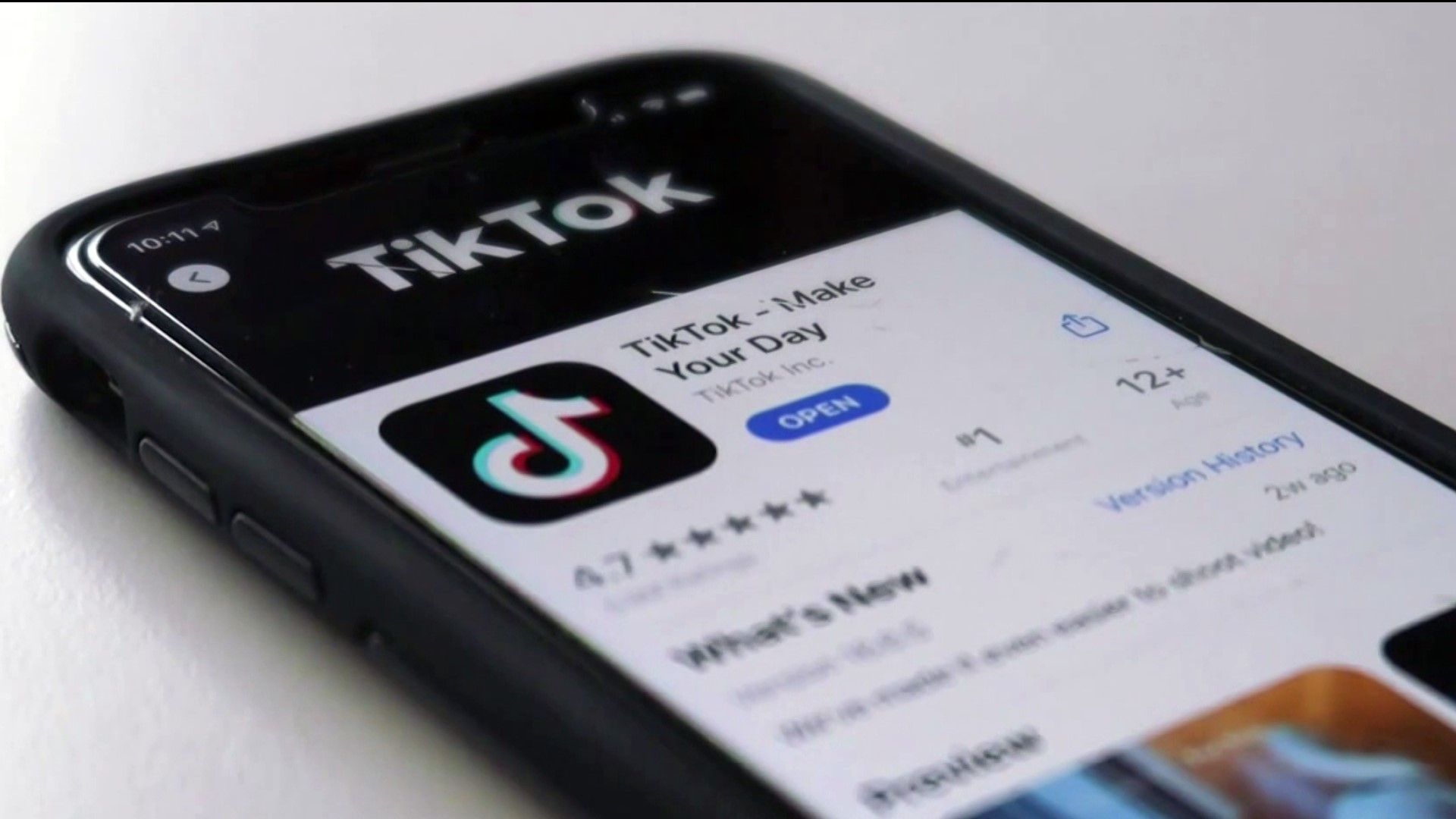
Actions taken under TikTok bans: US
ByteDance, the Chinese company that owns TikTok, has been ordered by the White House to sell or risk being banned.
It happens after TikTok was ordered removed from Congressmen’s work phones due to privacy concerns.
Considering it to be a “high risk to consumers,” the House of Representatives cybersecurity specialists have also prohibited them from downloading it in the future.
Some want the restrictions to be even stricter; the idea of a complete national ban has been floated. Late last year, Republicans and Democrats teamed up to introduce bipartisan legislation that would implement such a nuclear option.
This bill would restrict access to “any social media company in, or under the influenced of” China and other adversarial nations.
TikTok has criticized the legislation and denied sharing user information with the Chinese government, claiming it is politically driven.

Following dozens of state-by-state bans on lawmakers using TikTok on official devices, Congress passed its own prohibition.
Actions taken under TikTok bans: EU
This month, the European Commission followed the US Congress’ lead and forbade all employees from using TikTok on company-issued phones.
The goal, according to a spokeswoman, was to “improve the commission’s cybersecurity,” although he or she did not specify whether this was due to any specific incidents or threats.
The suspension was “misguided and based on fundamental assumptions,” according to TikTok.
Individual nations have also taken action, with the Netherlands and Belgium among those that have prohibited it from use in official apparatus.
The company has stated it will open three European data centers where user information will be housed, as well as a third-party data security partner to monitor additional levels of security, in an effort to ease concerns over data privacy inside the bloc’s 27 countries.
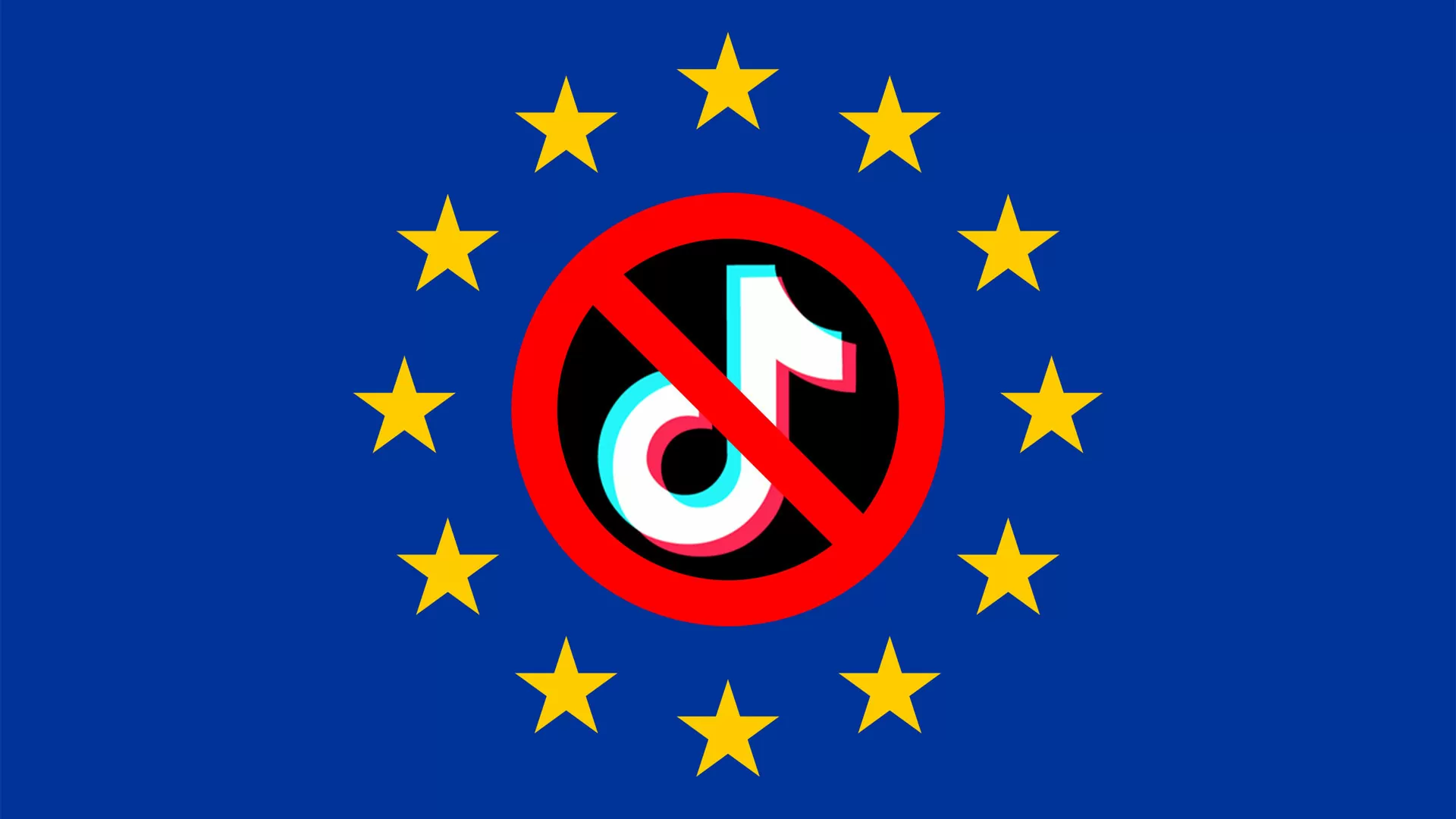
The business claims that by doing this, employee access to data will be more restricted, as well as data movements outside of Europe.
Your IP address, the other apps on your phone, any sign-up information you supply, location data, and contacts are just a few of the data the app may gather if you grant it permission to do so.
Actions taken under TikTok bans: India
Everyone is prohibited from using TikTok in India, where the restriction is the broadest.
It belongs to a group of Chinese-owned applications that users are not permitted to download as of the year 2020, including the messaging app WeChat.
It is motivated by privacy and security concerns, much like bans in the West.
At the time, TikTok had more than 200 million subscribers in India.
Actions taken under TikTok bans: Taiwan
Taiwan has enacted a ban on TikTok on all devices used in the public sector, similar to the US.
According to authorities, the Chinese government may use the software to wage “cognitive warfare” against Taiwan.
It happened amid worries that Beijing might be getting ready to invade the independent island.
Actions taken under TikTok bans: Canada
Following the US, Canada authorities have announced a ban on TikTok on government-owned devices.
Departments of the national and municipal governments imposed the change, citing the app as an “unacceptable risk”.
Actions taken under TikTok bans: Afghanistan
Due to “misleading the younger generation,” the Taliban outlawed TikTok last year.
Since coming to power in 2021, the organization has imposed significant limits on girls’ access to school.
Additionally, it stated that the app included content “not in accordance with Islamic principles”.
Actions taken under TikTok bans: New Zealand
By the end of this month, TikTok will be officially outlawed in New Zealand on any devices having access to its legislature, making it the most recent nation to do so. TikTok is a well-known social media network owned by a Beijing-based digital corporation.
The dangers of continuing to use the video-sharing app, according to Rafael Gonzalez-Montero, chief executive of New Zealand’s legislative service, “are not acceptable.”
“This decision has been made based on our own experts’ analysis and following discussion with our colleagues across government and internationally,” he added.
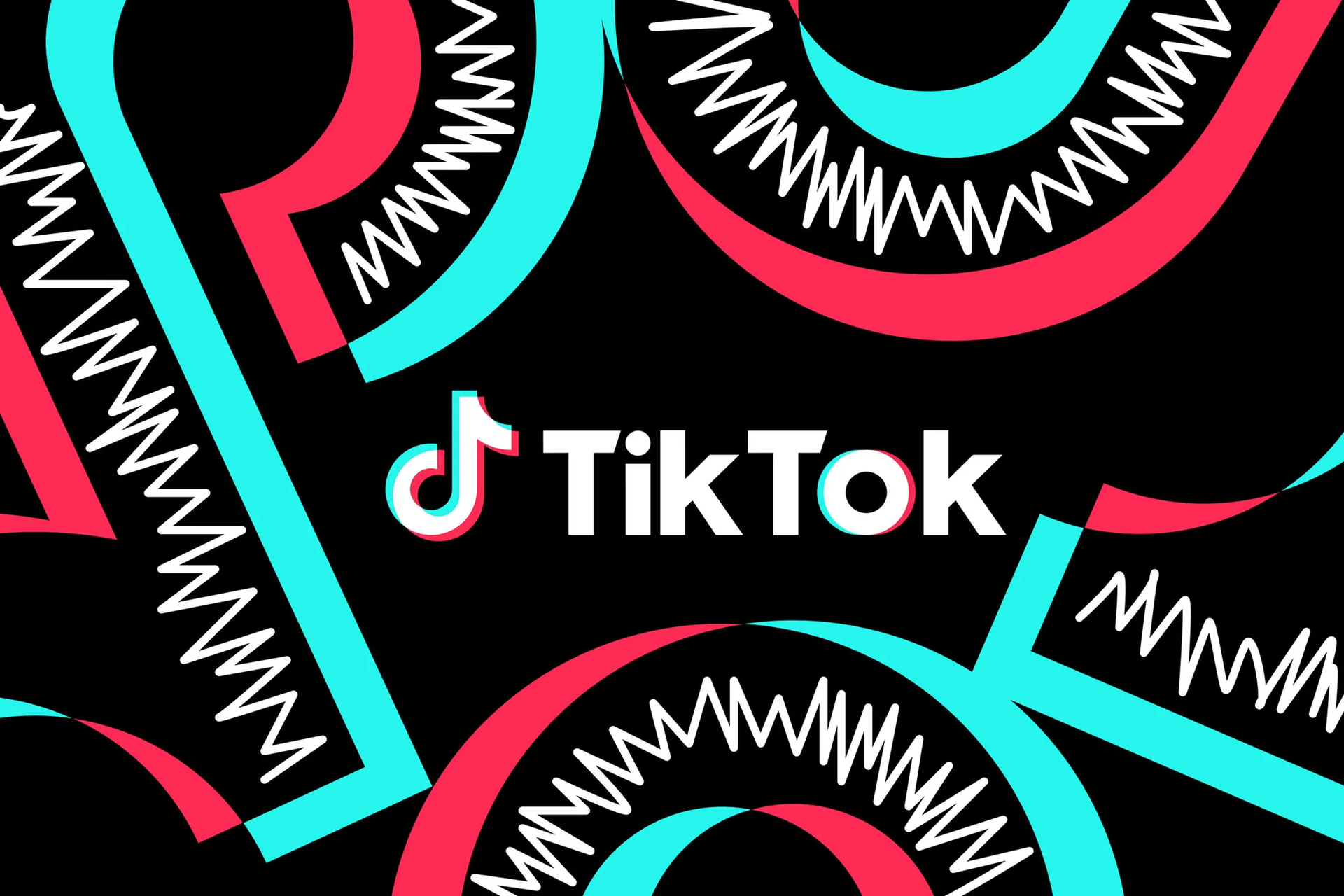
The future of TikTok, therefore, remains unclear, especially as it is not impossible that the restriction of the app’s usage on government devices may in time turn into a wider ban. TikTok refuses the allegations that it shares private information with the Chinese government, but until now, that seems to be failing to convince the authorities. If you want to keep track of the latest developments in social media, make sure to check out the articles below.

